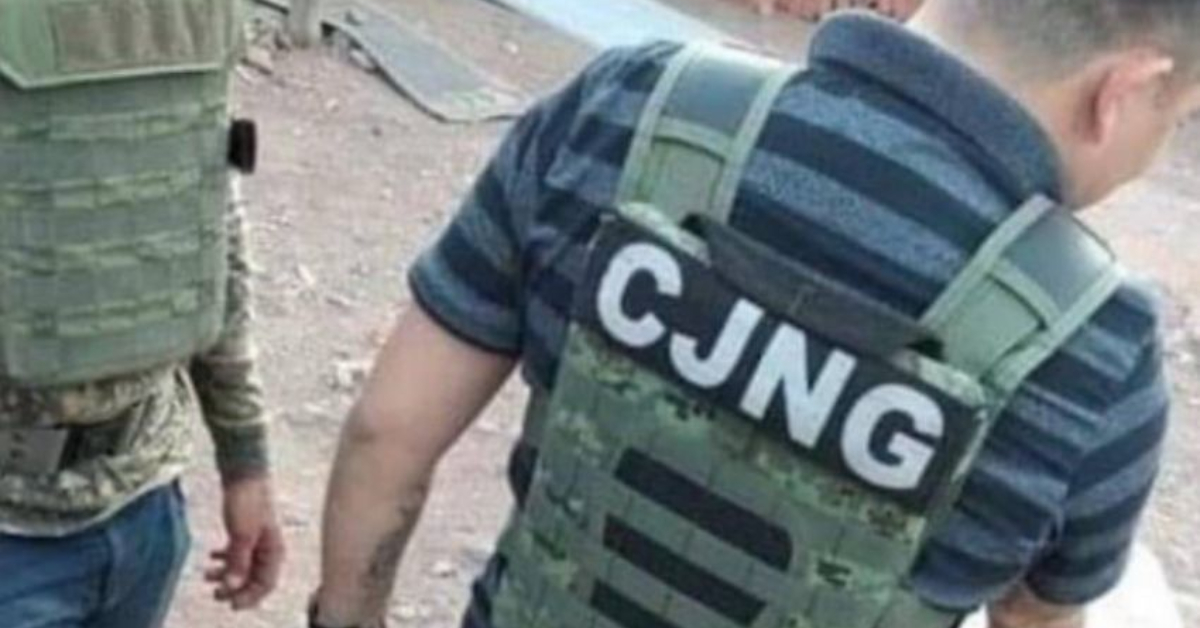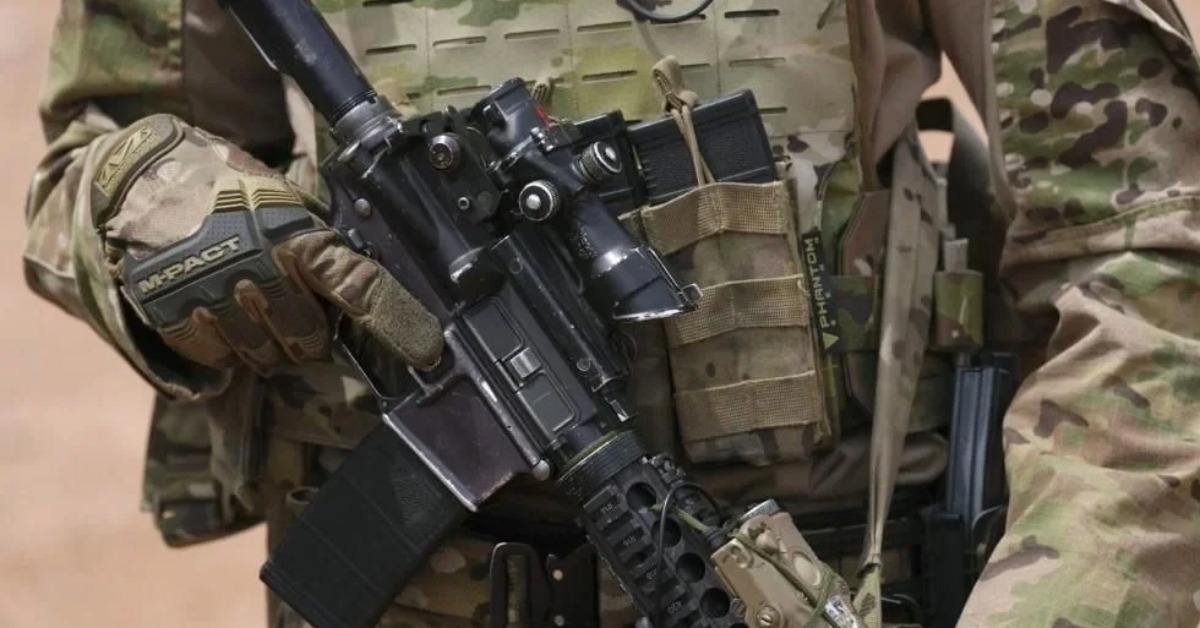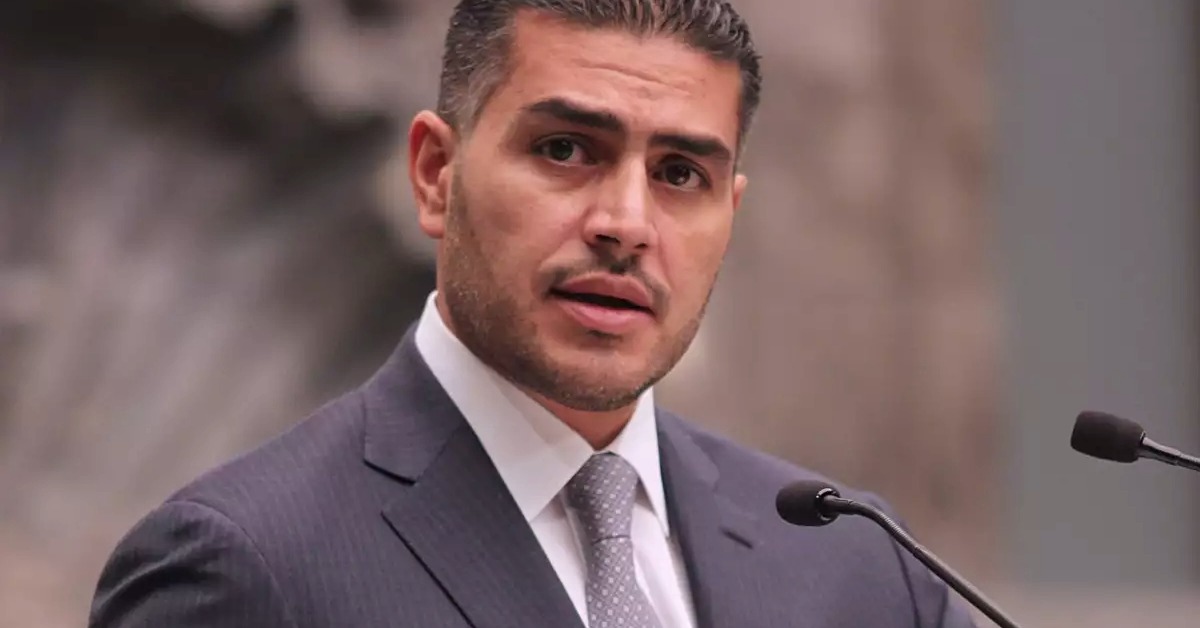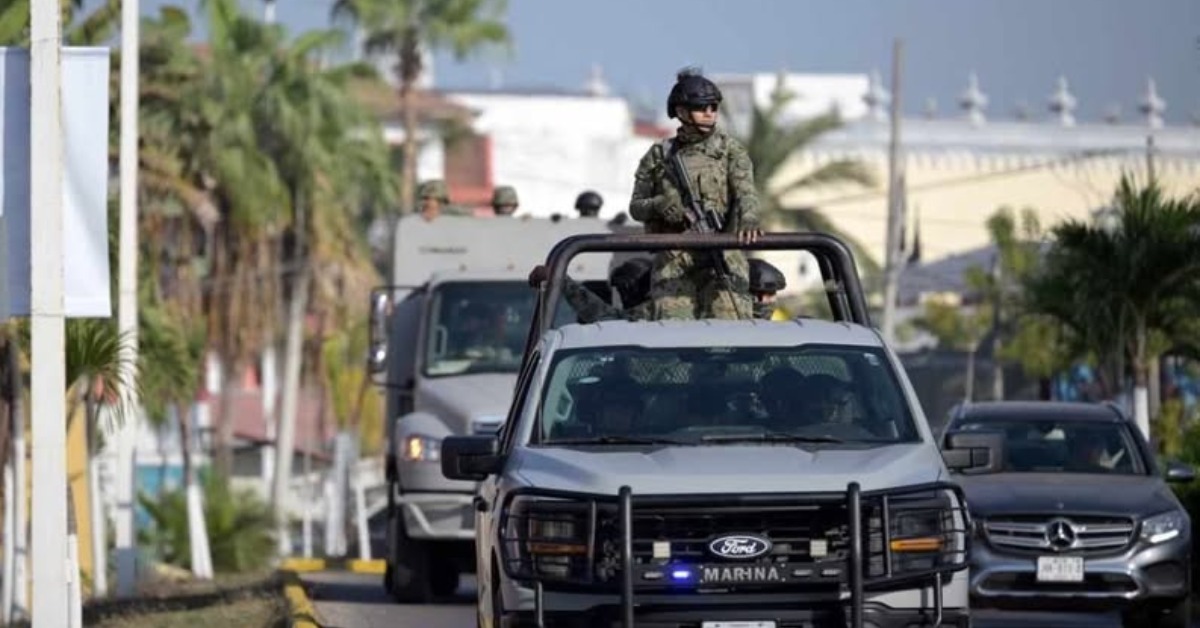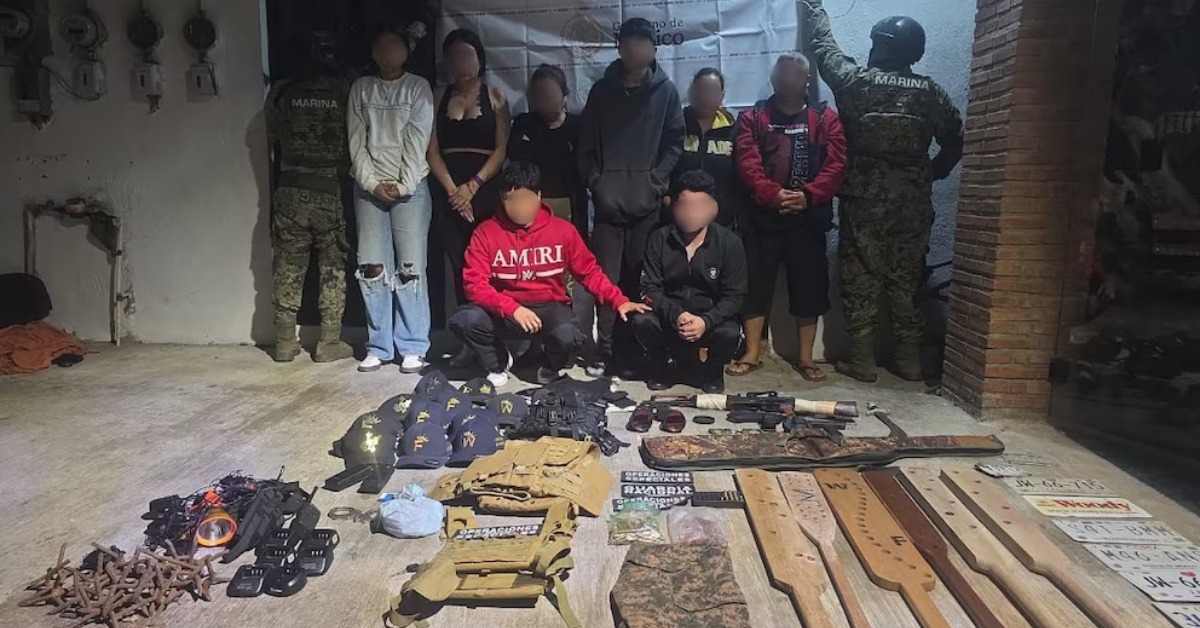Puerto Vallarta, Mexico - In a chilling reminder of the ongoing cartel violence in Mexico, a narcomanta (drug cartel banner) recently surfaced in Guadalajara, issuing a direct threat against the governor of Jalisco, Enrique Alfaro. The message, invoking a traditional Mexican saying, "He who serves two bosses, looks bad with one," accused Alfaro of having ties with the Sinaloa Cartel, a claim that has intensified the already volatile situation in the state.
